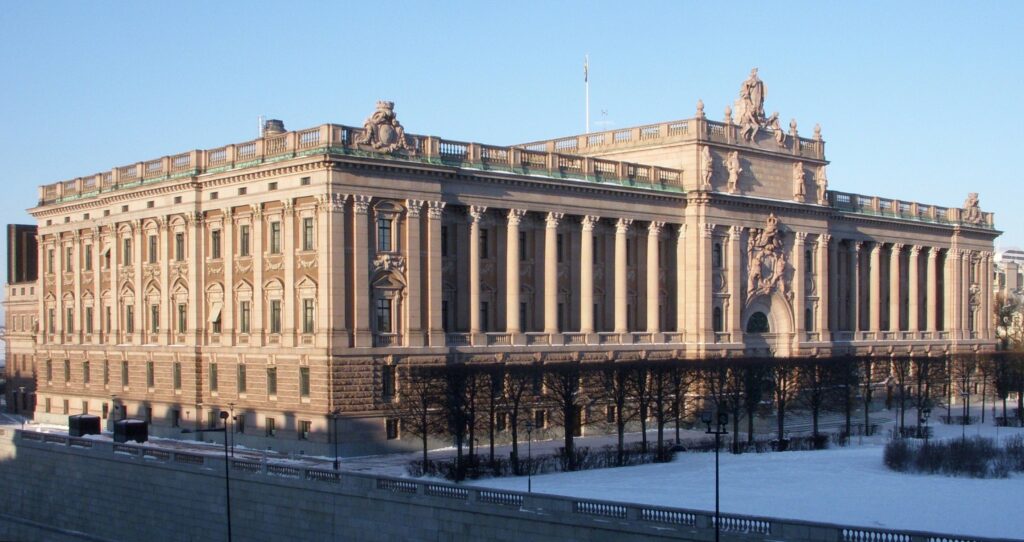Countries in western Europe account for eight of the top ten places in the global democracy rankings, according to the 2023 Democracy Index which was published last week by the Economist Intelligence Unit. Countries in central, eastern and southern Europe are mostly classified as flawed democracies.
The index is published annually by the Economist Group and is based on a weighted average (from 0 to 10 ) of 60 indicators, grouped under electoral process and pluralism, functioning of government, political participation, political culture and civil liberties. This year the title of the report is “Age of conflict” referring to the on-going wars in Ukraine, the Middle East and Africa.
Overall, there was a decline in the index driven by reversals in every region of the world with the exception of western Europe, whose average index score improved by the smallest margin possible. Every other region registered a decline in its average score, with the biggest regressions occurring in Latin America and the Caribbean, and the Middle East and North Africa.
The Nordic countries (Norway, Iceland, Sweden, Finland and Denmark) continue to dominate the Democracy Index rankings, taking five of the top six spots, followed by New Zealand. Norway remains the top-ranked country in the Democracy Index thanks to high scores across all five categories of the index.
Despite having the highest average score of any region in the world, many citizens in western Europe continue to express dissatisfaction with the political status quo as evidenced by rising support for populist parties, according to the report. This suggests that having formal democratic institutions, rule of law and high standards of governance is not sufficient to sustain public support.
On the positive side, Greece, the birthplace of democracy, returned to the “full democracy” classification in the 2023 Democracy Index. Other countries have less reason to celebrate. Belgium is the only country in Western Europe which received a total score below 8 (“flawed democracy”) because of relatively low scores on political participance and political culture.
Other EU member states classified as flawed democracies are Italy and Portugal. All new member states that joined the EU in 2004 and 2007 are flawed democracies or illiberal democracies, with Hungary in the bottom among them, because of backsliding in democratic reforms.
The European Commission includes the Economist’s Democracy Index in an annex to its annual Communication on EU Enlargement Policy. All candidate countries are “flawed democracies” or “hybrid countries” (Turkey and Bosnia & Herzegovina).
The report takes a harsh view on Ukraine and has classified it as a hybrid country. “Ukraine’s democracy in limbo,” the report states. “The Ukrainian people’s fight to defend their sovereignty is inspiring. Yet the war is taking a toll on the country’s democratic institutions and practices.” A reason for the low score is the war which has affected the separation of powers in the country.
The report notes that two-thirds of the world's population live in countries that are neutral or Russia-leaning regarding the war in Ukraine.
The Middle East and North Africa (MENA) remains firmly at the bottom of the 2023 Democracy Index. The region remains an outlier (alongside Eastern Europe) in having no democracies among its countries besides Israel, which is classified as a flawed democracy. The report does not assess the impact of the occupation.
It mentions that the Israeli government’s attempt in 2023 to rush through a controversial judicial reform, which would have undermined the separation of powers in the country, reduced its functioning of government score. During the previous "change government" in 2022 it was close to be classified as a full democracy.
With the exception of Tunisia and Morocco, classified as “hybrid regimes”, the rest of the region’s 20 countries are ranked as “authoritarian” regimes. Despite their low democracy scores, the EU is actively engaging with these countries and signing partnership agreements with them.
The Democracy Index is a comprehensive assessment of all aspects of democracy. Holding free and fair elections is a prerequisite of democracy but not enough.
The functioning of government category looks at trust in democratic institutions, transparency and accountability. Political participation is about voter turnout and the representation of minority groups and women in the political system. Political culture describes social cohesion and perceptions of democracy.
Last but not least, civil liberties are among others related to freedom of expression and media freedom. This is an area in which there has been a significant decline across all regions of the world over the past decade and remains one of the biggest threats to democracy, according to the report.
M. Apelblat
The Brussels Times

